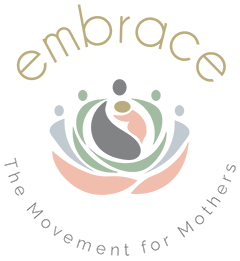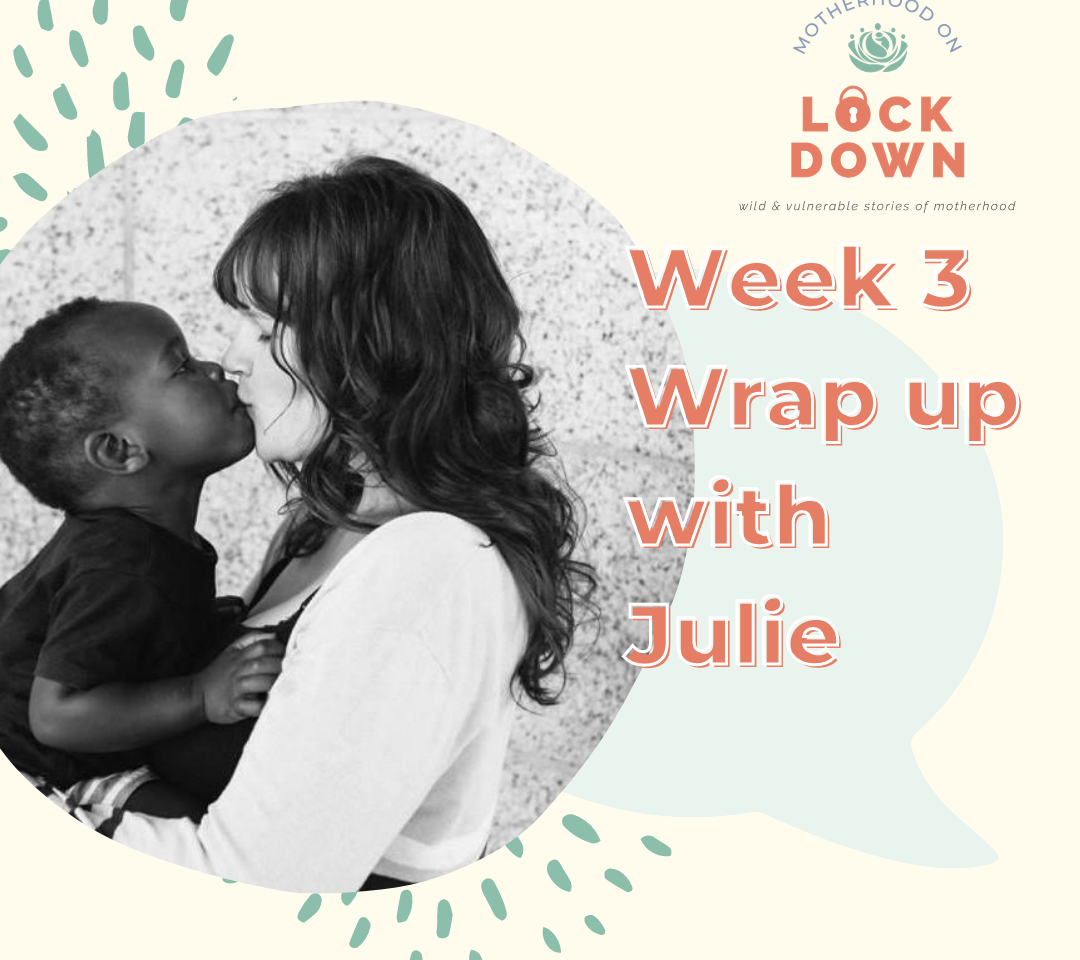When mothers dream of their pregnancy experiences, they dream of pea-sized secrets and butterfly kicks and cravings for good food and extra naps. They don’t dream about masks and social distancing and curfews. It is fair to say that anyone who fell pregnant in the weeks prior to March 2020 could never have anticipated being pregnant during a global pandemic – this year has been quite unimaginable. Thousands of women have had to mask up, sanitise and leave their support systems at home in order to receive antenatal, birth and post-partum care during the time of COVID. For many women, the concept of labouring alone is not new – the reality of constricted space in birth units and limited resources means that each mother has always had to shoulder the burden of labour on her own. For other women, the reality of leaving their partner at the hospital entrance, only to see them again at pick up, has been terrifying and traumatic.
I have found myself drifting back to my own experience of pregnancy and birth five years ago. Simple things I took for granted like my colleagues marvelling at my growing belly each day. My community supporting me with a baby shower. Hugs – sweet, sweet hugs when I needed them. My husband being able to attend antenatal appointments with me. My son requiring an emergency evacuation at 36 weeks – a scary experience that was eased by the love and support of my husband, doula and dear friend who were able to be in the room with me. Many of these things have been stripped from mothers in 2020. We would be naïve if we didn’t pause and consider the ramification of this “off course” journey to motherhood.
This week we set out to listen to as many perspectives from mothers themselves. On Sunday night, Shana and I sat down for a LIVE conversation on Facebook with Tshepiso, a mother of a new baby, and Sam, currently 7 months pregnant with her second child. Tshepiso shared her fears of her baby having no reference for humans not in her immediate family. She also spoke of the heaviness of your home when you have no option to give the baby to someone else so you can catch your breath. Sam shared her inability to find joy in her pregnancy in the early weeks – anxiety convincing her that she wouldn’t make it past 20 weeks. Now that she’s allowing the joy to creep in, she is also needing to hold on to hope that everything will be okay when her baby is born.
We met Leeche who found out she was expecting her fifth baby and admitted just how hard it’s been to juggle caring for her family and herself over these past few month. Faatin shared the heart-breaking experience of her miscarriage. Reyhana told us about what it’s like contracting COVID whilst pregnant, delivering her baby prematurely and waiting to bring her baby home from the NICU. Saarah shared her experience of birthing alone without her partner and not receiving the compassionate care she needed. Clechae spoke of the hardship of your partner missing your birth and needing to introduce your baby to him via WhatsApp.
We also had the opportunity to speak to care providers. Jolene Tromp told us about her experience of being a midwife in a pandemic. Dr Kopano Matlwa Mabaso reassured expecting mothers that the current research indicates that pregnant women are not at additional risk of COVID and that babies and young children seem to handle the virus relatively well if they are infected. We also spoke to Doula Beverley Chigwanda Kambarami who reminded us that mothers can take proactive steps to create calm in their birth space, even if they don’t have the support people they hoped for.
As we listened to story after story, a maternal mantra of sorts emerged: mothers need support always, and perhaps now even more so. The question is – how do we get creative in supporting mothers during pregnancy, birth and post-partum without increasing their risk of contracting COVID? I think we’re going to have to get radical about creating a community for mothers – no mother left behind. It’s not a one-size-fits-all approach, but it starts with looking out for the mothers around us and asking them what they need. Lack of support for new mothers is not a corona-conundrum, but if it takes a global pandemic to get us seriously thinking up solutions, then perhaps not all has been lost to 2020 after all.



